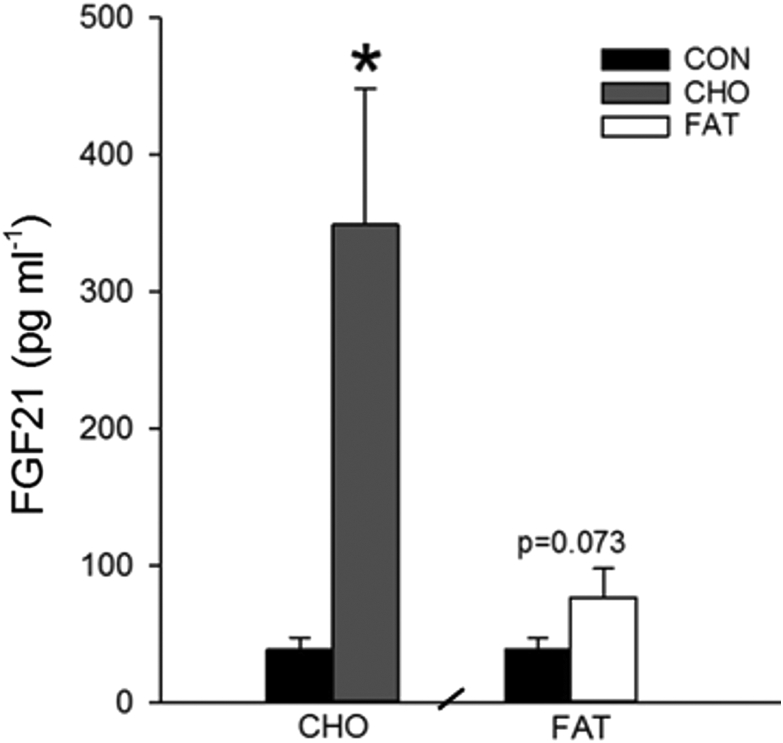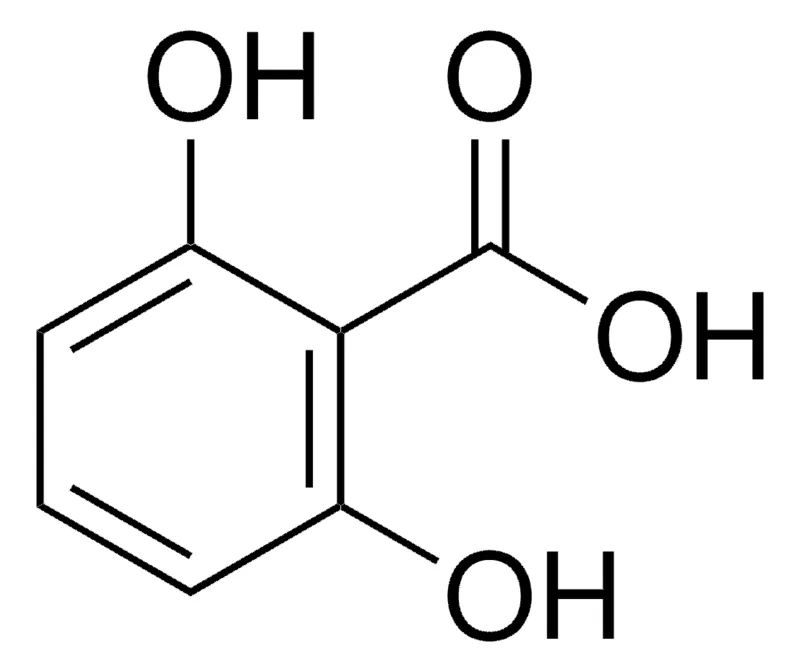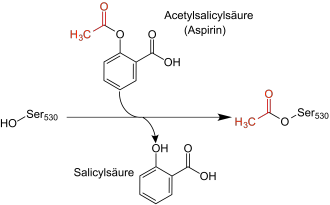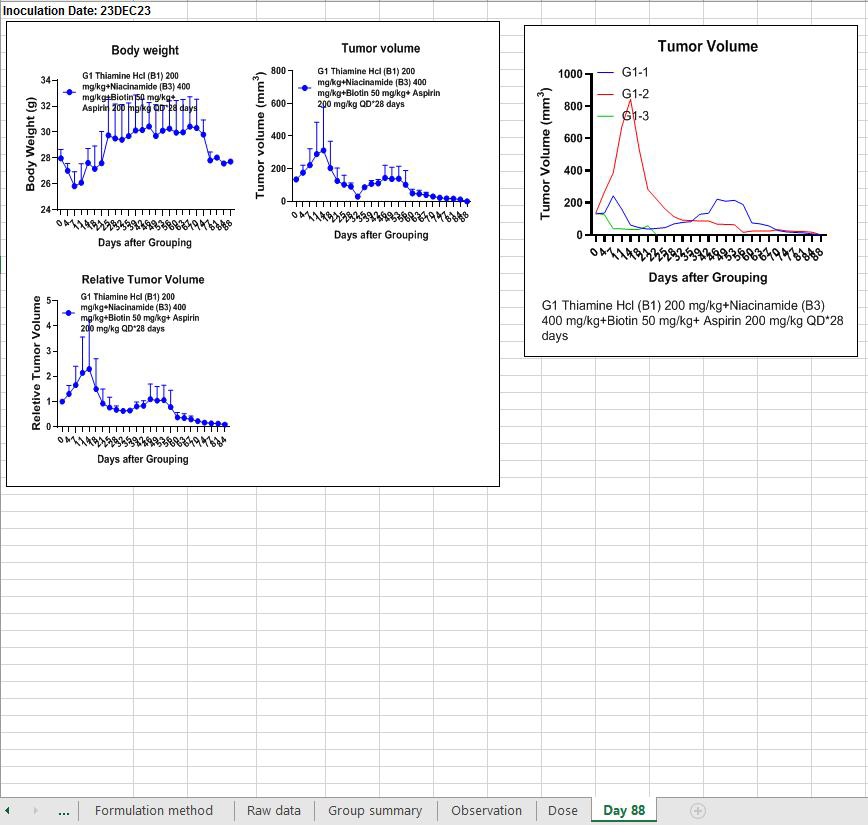@Mauritio said in Methionine/Cysteine restriction increases longetivity AND energy expenditure:
@DavidPS
Sorry for the confusion as well.
The 800% increase in FGF21 was actually from the high carb diet. And as the person in the video you posted explained, they ate pasta, bread, corn and drank juices.
Im going to look into that study more, mainly because it is human and the increase is so high.
Now compare that to the low protein study (also in humans) and they only had a 150% increase after 4 weeks.
So it seems high carb is more important than low protein!
This is actually an excellent study. Aswers a lot of questions.
Again: high carb, seems more important than low protein. And low fat (PUFA) is important, too.
They used the following diets:
High carb: (80 E% carbohydrate, 11 E% protein, 9 E% fat)
High fat: (10 E% carbohydrate, 12 E% protein, 78 E% fat)
Control: (62 E% carbohydrates, 14 E% protein, 24 E% fat)
The dfference in FGF21 between high carb and control is massive, yet the control group also ate a lot of carbs and the protein was almost the same, so the only factor that strongly differs is the fat content, which is 2,5 times higher in the control diet.
Leading me to believe that this is crucial as well: high carb AND low fat. If it was only the carbs than the control diet should have outperformed the high fat diet ,which it didn't.
This underlines what Peat said for a long time that: a high carb, low/medium protein, low fat is very healthy.
I think you can go higher on protein if it is gelatin. And maybe higher on fat if it is SFA ? Im going to look into the realtionship between SFA and FGF21.
Another thing we should look into is all the protein restriction animal studies.
Are they really low protein studies ? Or high carb,low protein?What is the diet of the control groups in these studies?
Btw fasting is not effective in humand to boost FGF21: "...an increase in circulating FGF21 concentration is not detected until after 7–10 days of starvation in humans ..."


 <img src="
<img src="
 <img<img
<img<img

